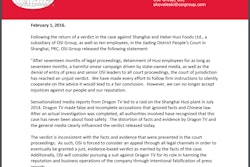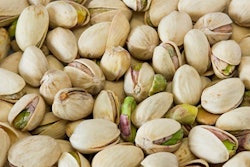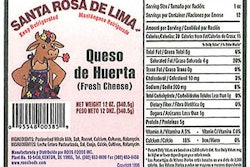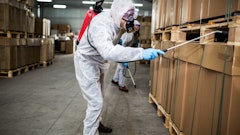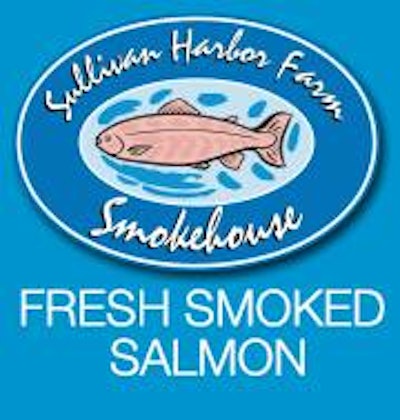
A high-end Hancock, Maine-based seafood company has been shut down for repeated unsanitary conditions and food safety violations, including manufacturing in the presence of rodent excrement, according to the U.S. Department of Justice, The Portland Press Herald in Portland, Maine-reported.
U.S. District Judge Jon D. Levy on Friday signed a consent decree of permanent injunction against Mill Stream Corp., which does business as Sullivan Harbor Farm, and its owner, Ira Joel Frantzman.
The action followed more than a decade of warnings to the company by the Food and Drug Administration, which found the company’s smoked fish products were being prepared, packed and held under unsanitary conditions so that the products may have become contaminated with filth or rendered injurious to health, says a complaint filed by the Justice Department in U.S. District Court in Maine.
The company, founded in 1992, has annually made about 75,000 pounds of ready-to-eat smoked fish and fishery products, such as smoked salmon, trout and char, which are sold across the country. Customers include Legal Sea Foods in Boston and Dean & DeLuca of New York. The company’s smoked fish products have received a number of food industry awards.
According to the complaint, an FDA inspection in March and April 2015 identified significant, recurring violations at the business on Route 1, including inadequate plans to control risks of a neurotoxin that can cause botulism.
The FDA also observed rodent “excreta pellets too numerous to count in the area of the facility where smoker trays are cleaned, apparent black mold and water staining on the door frame of the walk-in freezer where fish is stored, an open rack of salmon stored beneath a pipe with frozen condensate build-up, water splashing from the processing floor onto a cutting board and into bins where fish was stored.”
To read more, click here.




